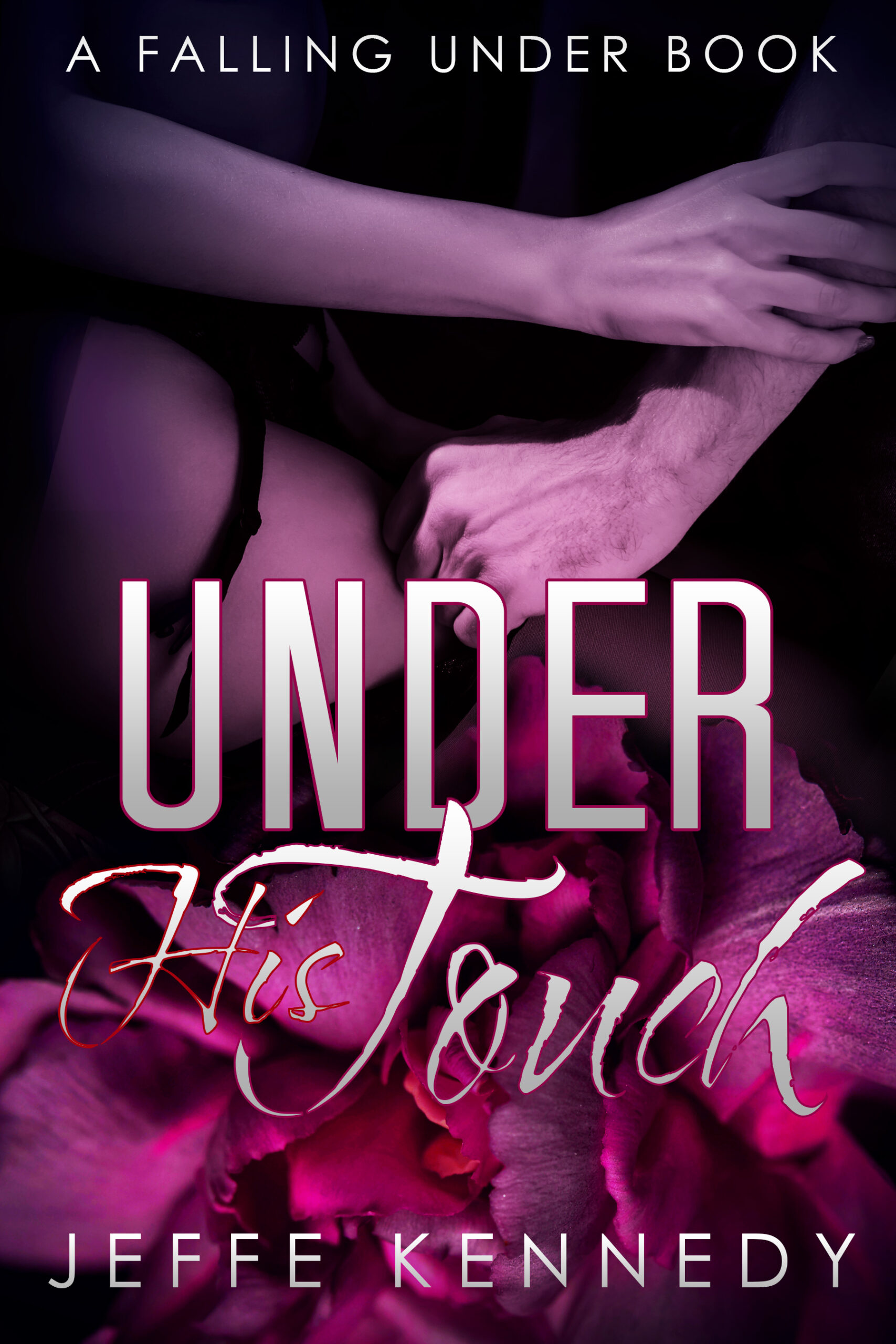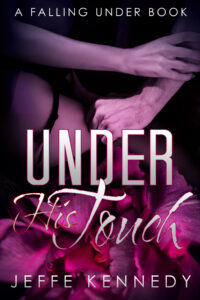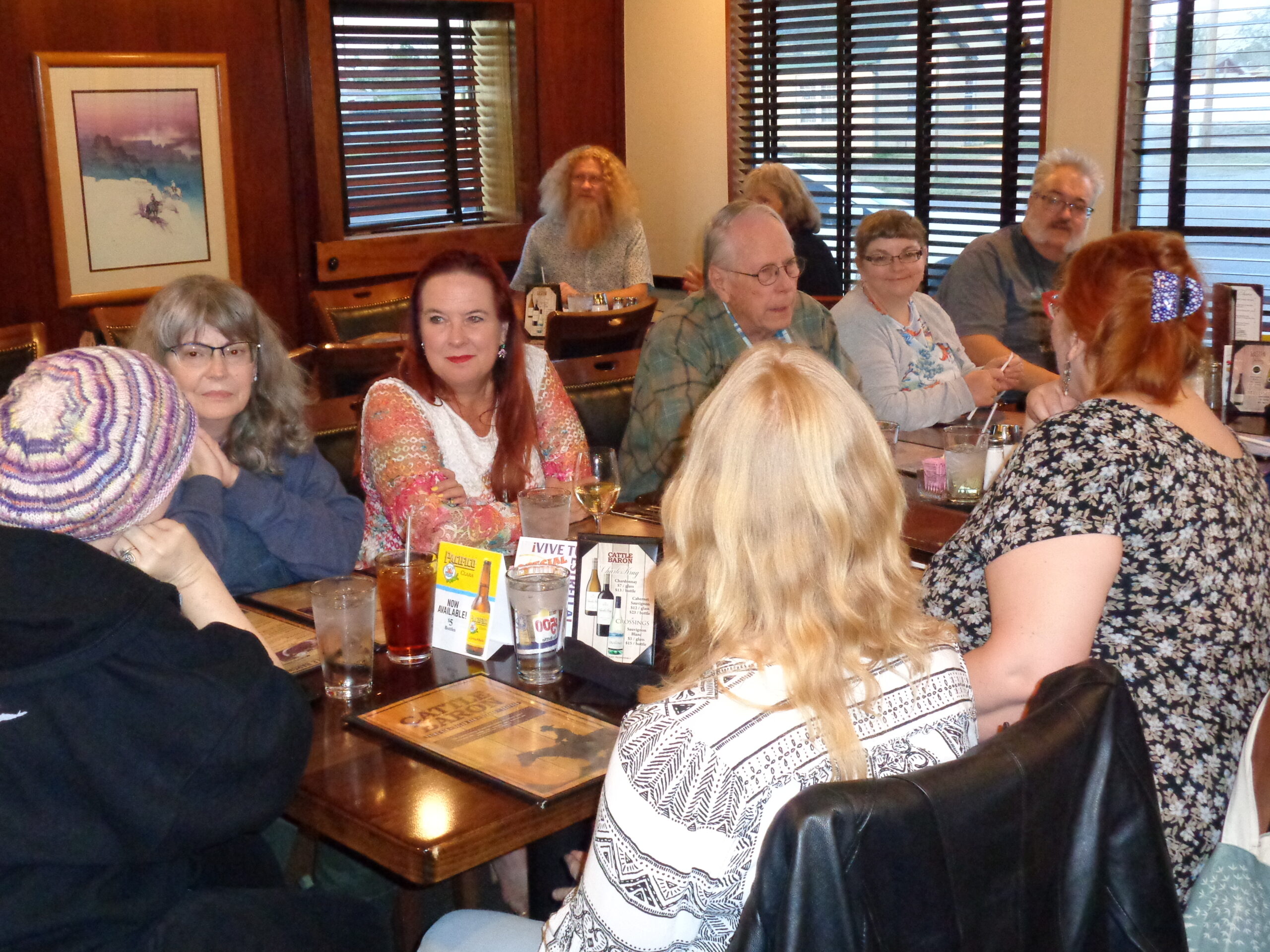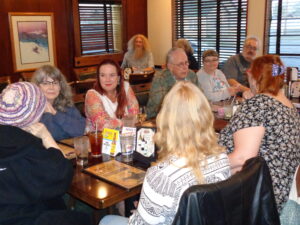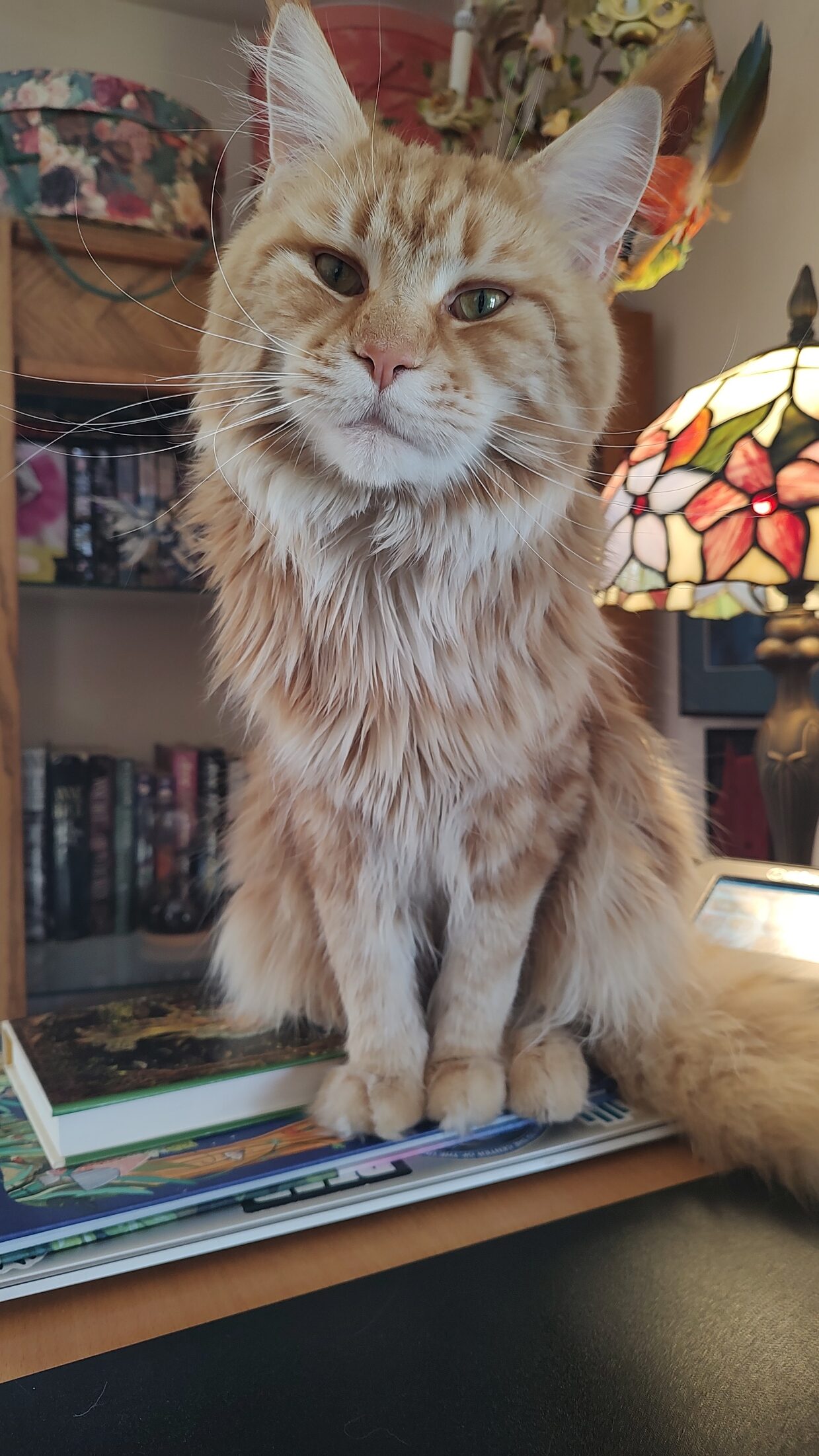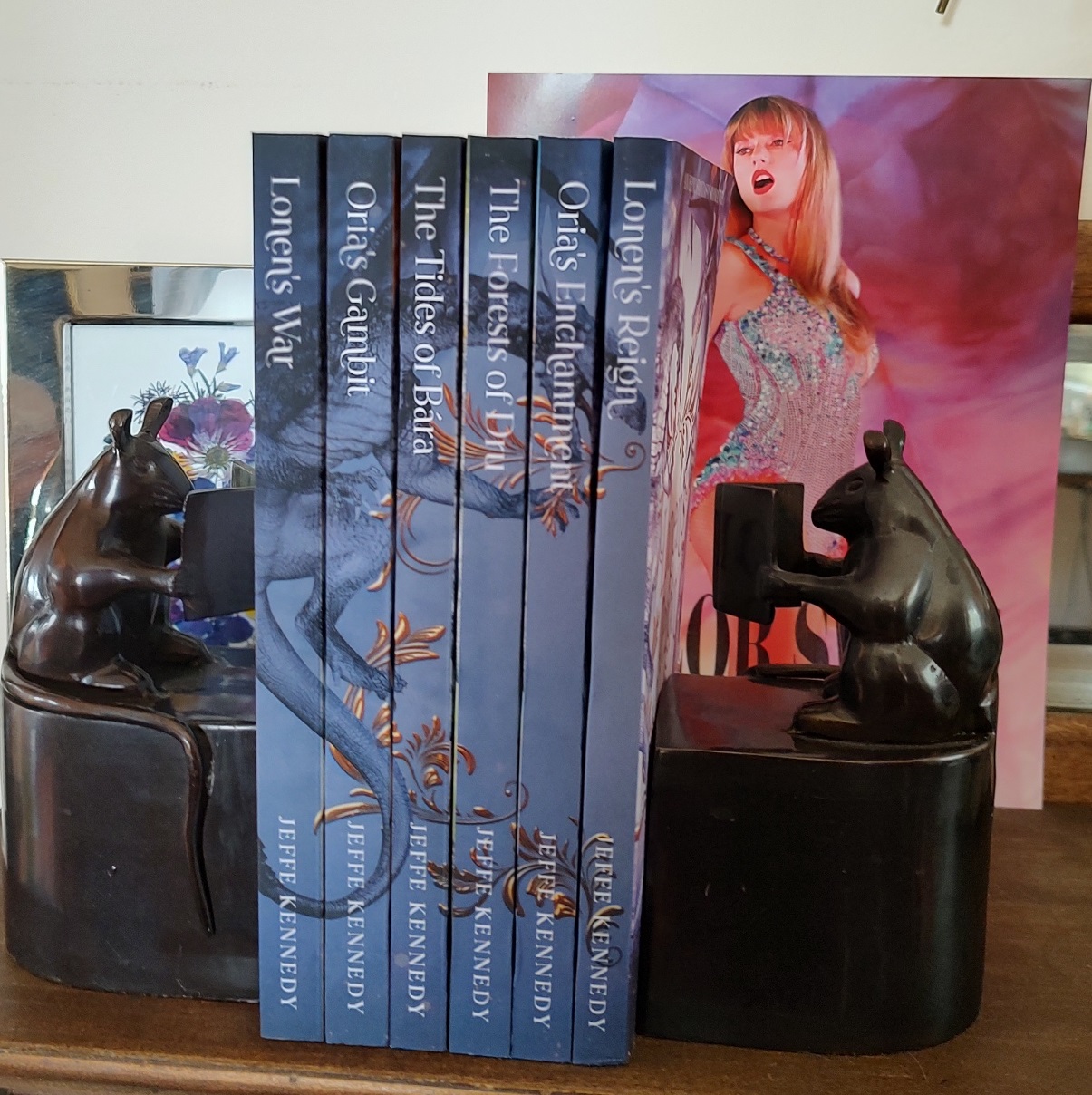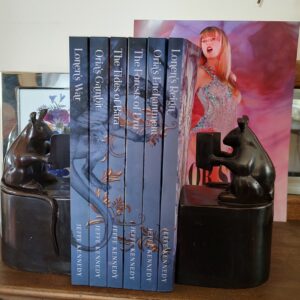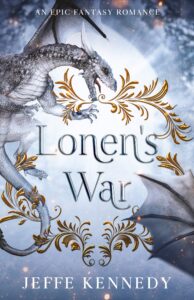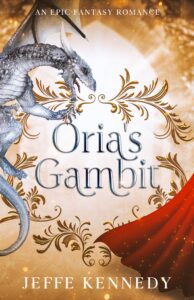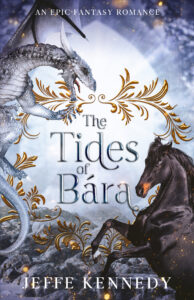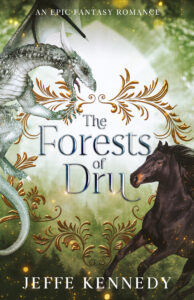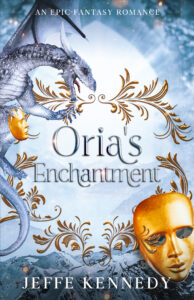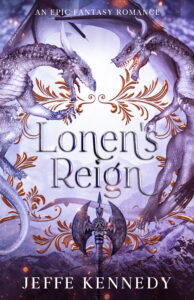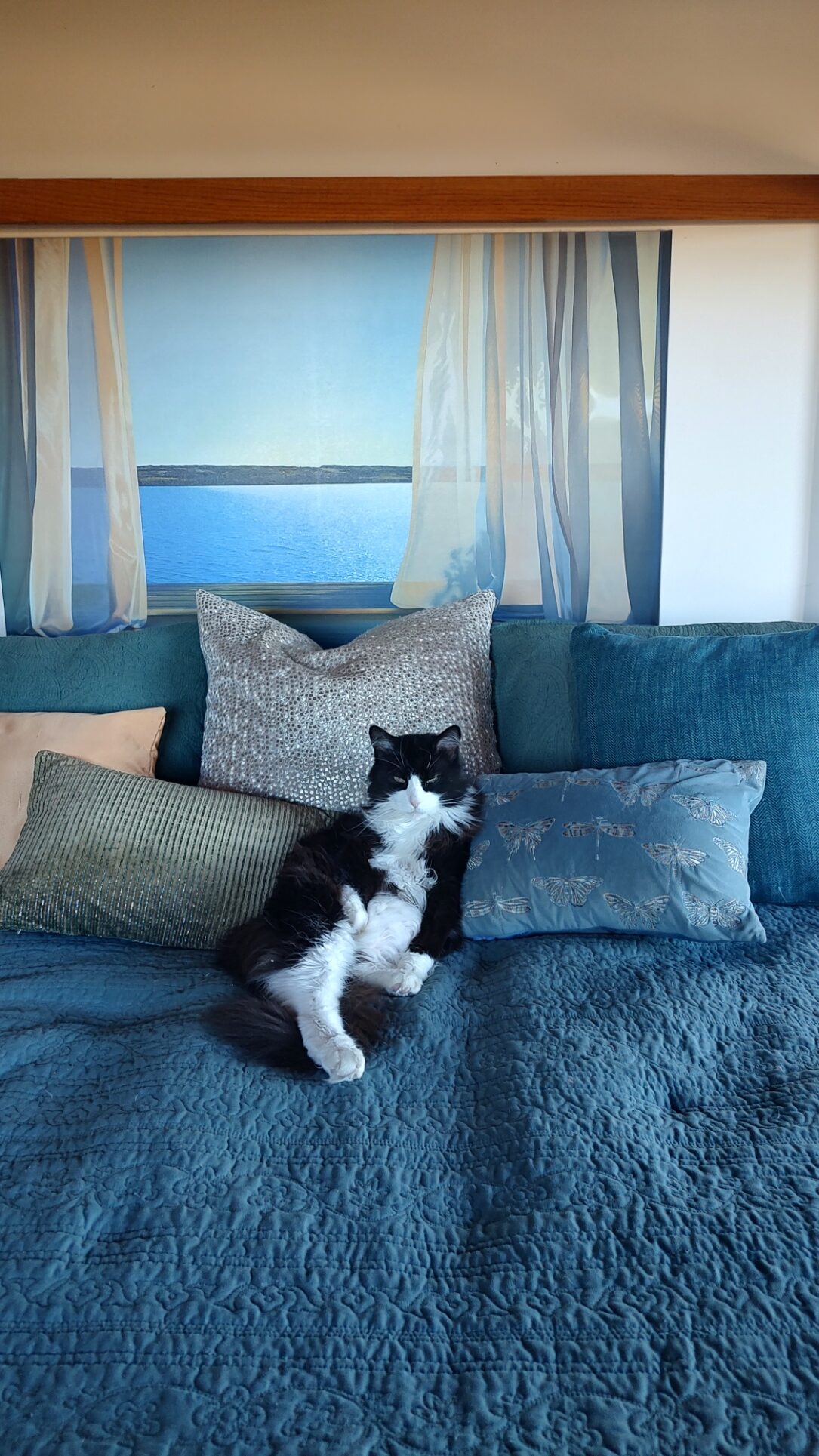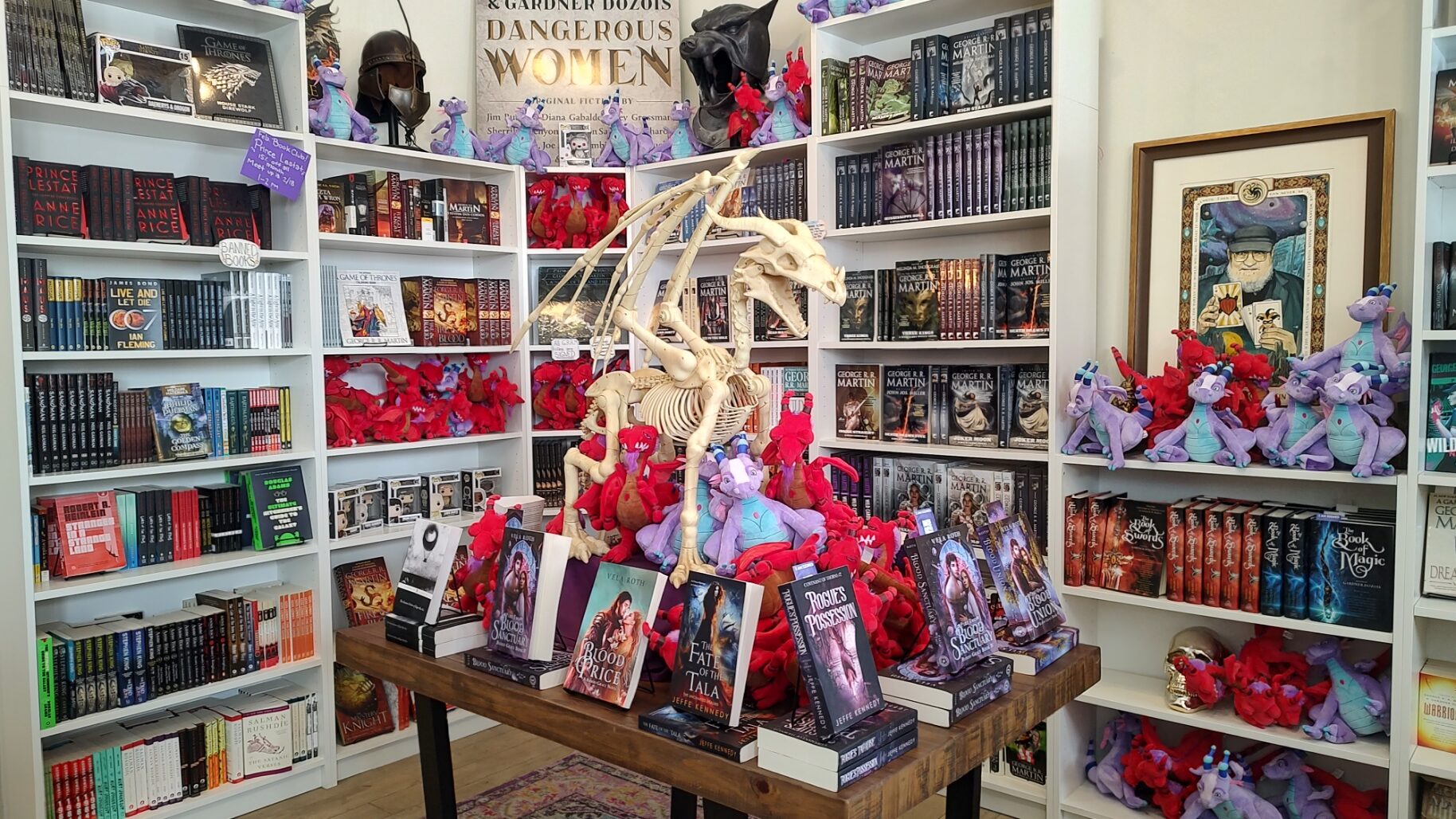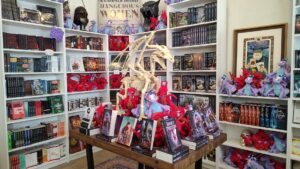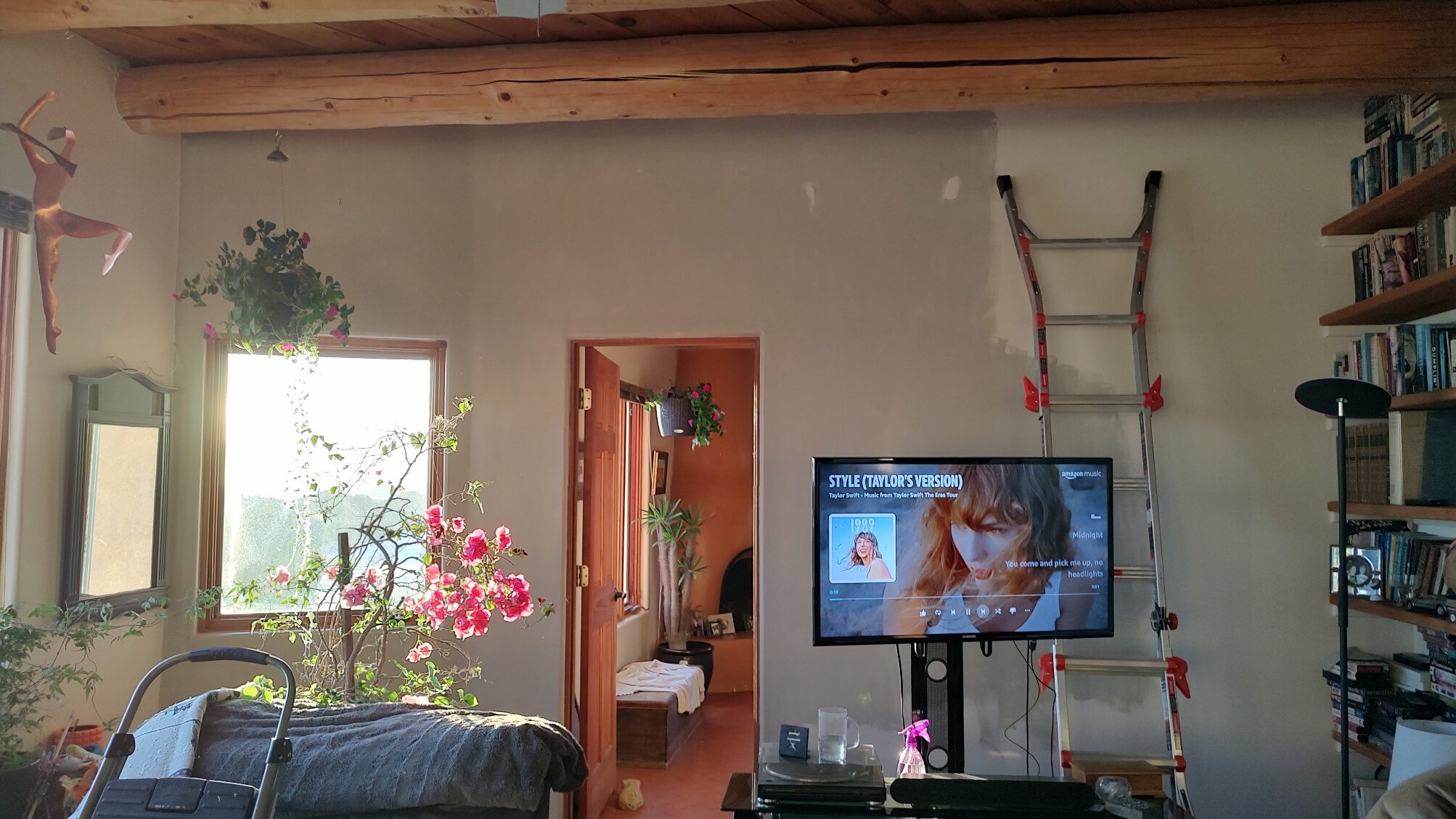
This week at the SFF Seven we’re talking about those hobbies that take the pressure off writing.
This is relevant for more than curiosity because hobbies are key for creatives to fend off burnout. It’s interesting, because it seems like when we talk about “hobbies,” we’re already assigning whatever project it is a lesser status. A hobby is something you do on the side, for pleasure and no other reason. I’m going to add that a hobby usually doesn’t generate income (until it does). You might not even be that good at it, because if you were good at it, people would pay you, right?
We talk about hobbies in a slightly indulgent, somewhat disparaging way:
“Oh, my spouse’s hobby is woodworking, but mostly they just putter in the garage.”
or
“My spouse reads countless books. It’s a cute hobby, but an expensive one!”
See what I mean?
The thing about hobbies, though, is that they are critical to our wellbeing. They keep us sane. For creatives, hobbies refill the well, which is what we need to avoid burnout.
What happens for a lot of us making a living from our creative work – I’ll stick with writing as my example – is that what started as a hobby becomes a job. The thing we did for fun, for pressure release, simply out of love, becomes the thing we must do to pay the mortgage and keep the lights on. We lost our hobby and frequently don’t replace it. Because we’re doing what we love for work! That should be enough, right?
Spoiler: it’s not enough.
One of the most important things any creative can do is have a non-monetized creative outlet or two. AKA, hobbies. The non-monetized aspect is important, because it allows us to be creative without that feeling of needing to pay the bills or track sales or make business decisions. I met a US Poet Laureate who also painted – and very well – but had a solid rule never to sell his work. He only gave his paintings as gifts. I’ve remembered that lesson ever since.
What do I do? I confess that, in the eight years since I became a full-time, career author – as in supporting my family with my writing – I have not been super great at keeping up hobbies. I’ve burned out once, too, and come close to it a couple of other times. I’m trying to do better. What do I do?
- Gardening
- Reading
- Interior Decorating
- Hiking
- Yoga
It was instructive to make this list coming at it from the lens of a “hobby” rather than “non-monetized creativity.” I’ve been trying to implement creative things I can do, but I’m just now realizing that these other activities – even something as prosaic painting my living room (I decided to include an in-process photo), as I’m doing this weekend – also count as leisure-time, restorative activities. Theoretically, everything on my list could be monetized.
(Maybe not. Can you be paid to hike? And I will never, ever be that good at yoga! Trust me: a yoga teacher I will never be.)
Anyway, celebrate those hobbies! They aren’t silly or pointless. They’re what feeds us as human beings.
